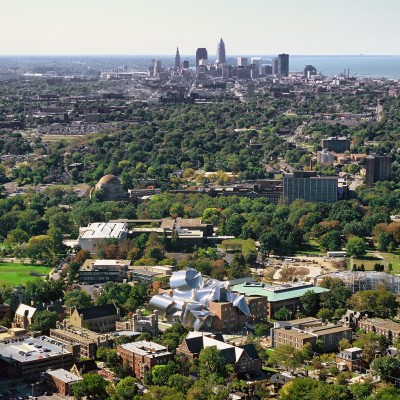Hanging by a purple thread
Kyoto UniversityA movement is raising awareness of native gromwell plant's importance in preserving Japanese culture. For example, revival projects currently underway throughout Japan are investigating the seed's origins and educating the public on the importance of protecting the plant's homogeneity. Purple gromwell contains shikonin derivatives in the plant's root surfaces, which are red naphthoquinones. This natural pigment and medicinal properties are linked to ancient East Asian traditions.





































